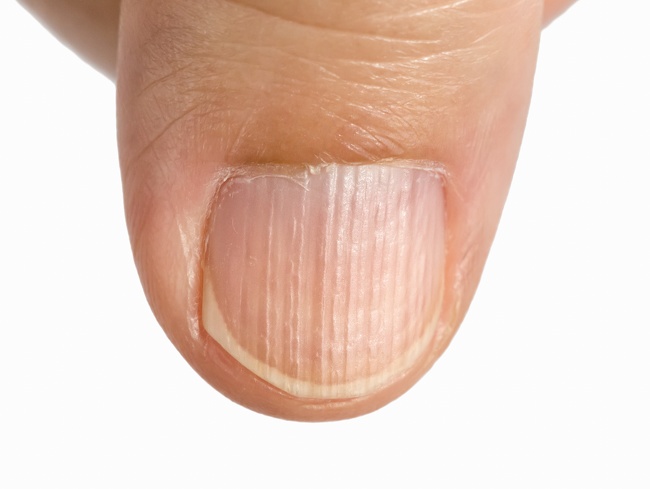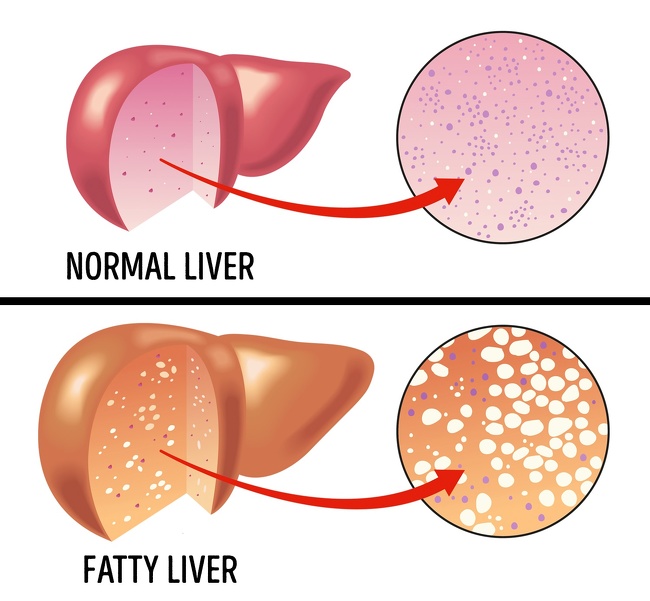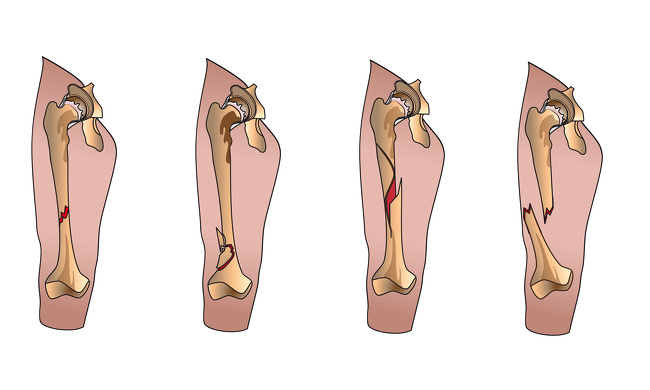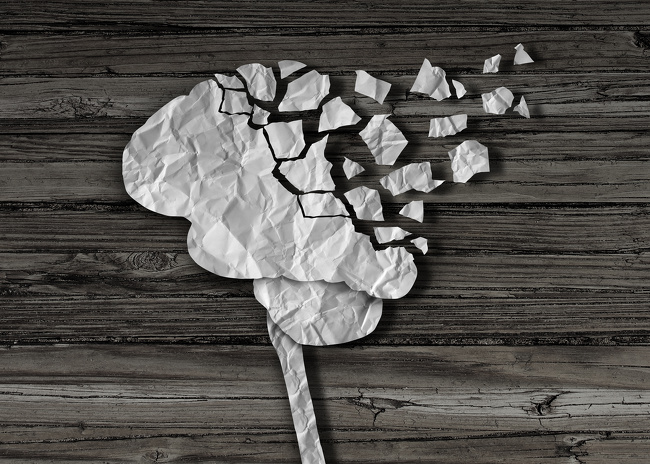Protein is known to play a vital role in the functioning of our bodies. And if you are protein deficient, your body will suffer. A study says that about a billion people worldwide are protein deficient. Especially in Central Africa and South Asia: up to 30% of children receive very little protein.
How do you know if you have a protein deficiency? We learn about the signs and symptoms related to protein deficiency, so you know when there’s a problem.
What Are The Symptoms Of Protein Deficiency?
6. Skin And Nail Problems

A protein deficiency can lead to weak nails and brittle, and in some cases, you will see white bands and brownish spots on the nails.
A protein deficiency can also affect the skin since protein allows cell regeneration, produces new cells and replaces dead ones. If this happens, you will notice that your skin is dry, flaky, and cracked.
5. Hair Loss

Our hair is made up of 90% protein known as keratin. If you don’t get enough nutrients, your hair may thin and fade.
This is because the body stops using protein for non-essential things, such as hair growth, in an effort to preserve it.
4. Fatty Liver

Fatty liver is one of the most common symptoms of a protein deficiency and, if left untreated, can cause fatty liver disease, causing inflammation, liver scarring, and potential liver failure.
This is a common condition in those who consume a lot of alcohol, obese people, and even children.
3. Increased Risk Of Bone Fractures

Like muscles, low protein intake can also affect bones. Not having enough protein leads to weak bones, increasing the risk of bone fractures. This is mainly because “protein is necessary for calcium absorption and helps with bone metabolism,” says Dr. Ax.
2. Sleep Deprivation

If you’re having trouble sleeping or suffering from sleep deprivation, it’s probably associated with a protein deficiency. The proteins in the food we eat act as building blocks for tryptophan, an amino acid that causes drowsiness.
This indicates that we should eat protein-rich foods before bed to sleep better.
1. Brain Fog

Obtaining an adequate protein intake is very important to support healthy brain function. If you feel a lack of motivation, lack of memory, or difficulty learning something new, it is a sign that you are protein deficient.
A study says that dopamine, epinephrine, and serotonin are neurotransmitters that your body needs to focus on.
According to the USDA, the minimum recommended daily protein intake for adults is 56 g per day for men, 46 g per day for women, and for children, it ranges from 19 to 34 g, depending on age. This can vary if you are pregnant or sick.
Don’t forget to get the recommended amount of protein today, because we want you to always be happy and healthy! Please share your thoughts in the comments below.
Preview photo credit shutterstock


